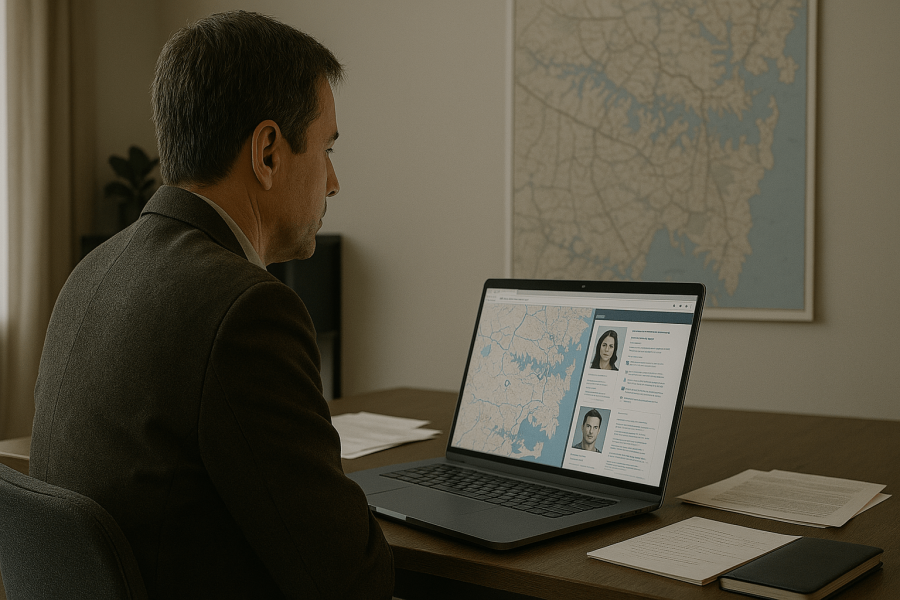How To Tell If Your Phone Is Bugged
Everyone has a mobile phone these days and most people are glued to their devices day in, day out. Even if you don’t use your phone for important tasks or store important information on your phone, just the simple fact that you use it regularly means the data it stores is sensitive. This presents a risk because sensitive information can be used against you in a number of ways, especially by a partner or ex-partner.
When it comes to phone, you can become compromised in 2 different ways; the device itself may be bugged, or an account you access on the phone can be compromised.
These days, it’s actually not uncommon for somebody to physically bug the phone of their partner or spouse if they are concerned about infidelity or are intent on committing some form of emotional or financial abuse. There are 2 main things you should be wary of if you are suspicious that your partner has tampered with your phone; the possibility that they’ve installed a spy app or program to run in the background, or that they’ve tricked you into downloading such a program.
Mobile spy apps and programs that run in the background can be difficult for the layman to detect, but there are some giveaways to watch out for. Decreased battery capacity, an unusually warm battery temperature, increased data usage and the phone taking a long time to shut down are all signs that a spy program may be running in the background. If you begin hearing unusual sounds during calls or notice that the phone shows activity when it isn’t in use, these are also indications that you may be under digital surveillance. If you believe your mobile phone is bugged, a forensic investigator can help by performing a forensic malware examination on the device to determine whether there are any bugs, malware, or suspicious programs in operation. This is the only way to know for sure if your phone is compromised.
The second way in which a phone can be compromised is through a breach of an online account, such as an email or social media account. A person can get access to your personal accounts through the use of malware or by obtaining your password through various other means – simply looking over your shoulder as you type it in for example. From here, the perpetrator could gain access to things like social media, email and bank accounts to do with as they please. If you believe a personal account of yours is compromised, a forensic investigator can assist by monitoring the online account to endeavour to confirm or disprove your suspicions. An investigator can also endeavour to document the IP address of any person/s who is/are accessing your accounts which may assist in identifying the culprit.
A malicious partner can use spyware or a hacked online account to engage in acts like identity fraud, stalking and harassment or theft of money. Use of spyware and unauthorised access to password-protected data is illegal in almost all circumstances in Australia, but there are people out there (like some unscrupulous private investigators) who offer such services for sale and who don’t advise their clients that they are probably becoming complicit in a crime.
There’s a range of ways in which a malicious partner can get access to others’ personal information, be it intercepting mail, computer hacking, rummaging through bins, GPS tracking or phone bugging. If you’re in any doubt as to the security of your mobile device, speak to a Lyonswood investigator with verifiable experience in technical forensics.



